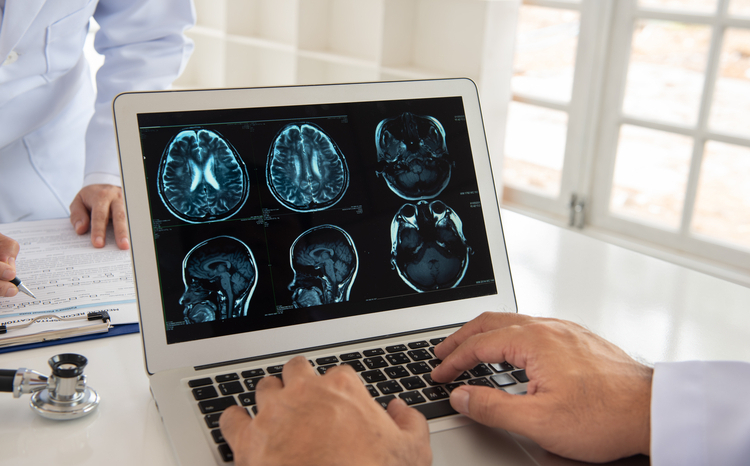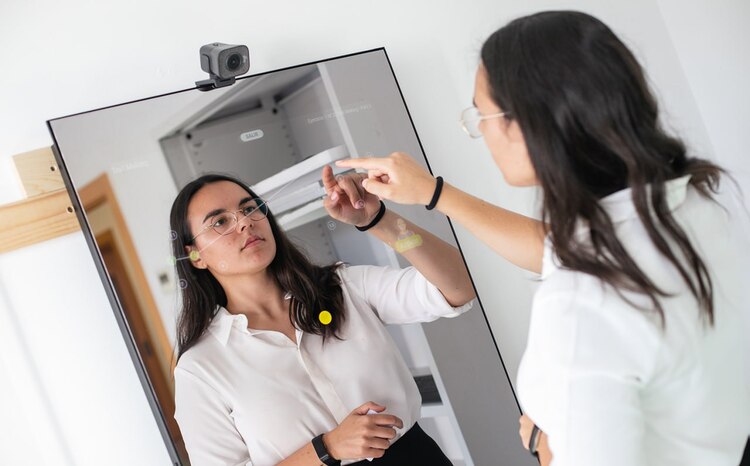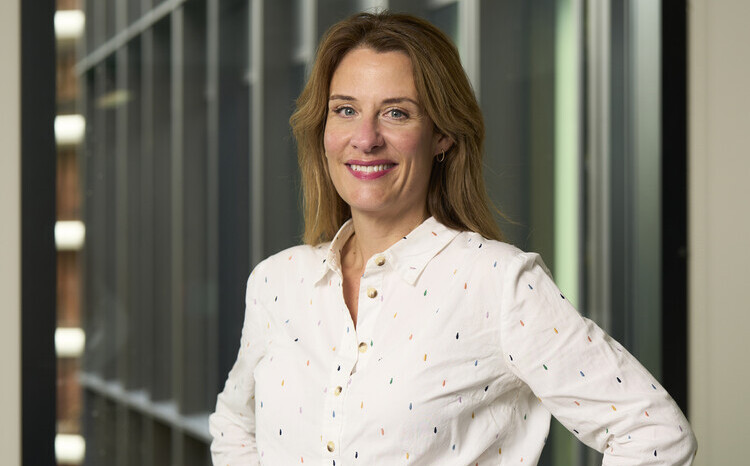Government pledges £50m for AI to improve diagnosis of deadly disease
- 29 August 2020

The government has pledged £50 million for further investment in artificial intelligence to improve diagnostics across the NHS.
The investment aims to speed up the diagnosis of deadly diseases like cancer through delivering digital upgrades to pathology and imaging services across the country.
It will scale up the work of the existing Digital Pathology and Imaging AI Centres of Excellence, launched in 2018 to develop cutting-edge digital tools to improve the diagnosis of disease.
The three centres set to receive a share of the funding, based in Coventry, Leeds and London, will deliver digital upgrades to pathology and imaging services across an additional 38 NHS Trusts, benefiting some 26.5 million patients across England, according to the Department of Health and Social Care (DHSC).
It’s hoped the funding will lead to faster and more accurate diagnosis and more personalised treatments for patients, freeing up clinicians’ time and ultimately saving lives.
It is not linked to the £250m National AI Lab launched in 2019 to improve diagnostics and screening in the NHS for conditions like cancer, dementia and heart disease.
Health secretary Matt Hancock said: “Technology is a force for good in our fight against the deadliest diseases – it can transform and save lives through faster diagnosis, free up clinicians to spend time with their patients and make every pound in the NHS go further.
“I am determined we do all we can to save lives by spotting cancer sooner. Bringing the benefits of artificial intelligence to the frontline of our health service with this funding is another step in that mission.
“We can support doctors to improve the care we provide and make Britain a world-leader in this field.”
The three centres set to benefit from the funding are:
- London Medical Imaging and Artificial Intelligence Centre for Value-Based Healthcare
- The National Pathology Imaging Collaborative (NPIC) in Leeds
- The Pathology image data Lake for Analytics, Knowledge and Education (PathLAKE) in Coventry
Darren Treanor, director of the National Pathology Imaging Co-operative, said: “This investment will allow us to use digital pathology to diagnose cancer at 21 NHS Trusts in the North, serving a population of 6 million people.
“We will also build a national network spanning another 25 hospitals in England, allowing doctors to get expert second opinions in rare cancers, such as childhood tumours, more rapidly.
“The knowledge PathLAKE will unlock, both in the short and long-term future, will completely transform cancer care in the NHS while embedding a world-leading life-sciences and technology sector across our health system.”
Professor Reza Razavi, director of the London Centre, added: “Artificial intelligence technology provides significant opportunities to improve diagnostics and therapies as well as reduce administrative costs.
“With machine learning, we can use existing data to help clinicians better predict when disease will occur, diagnosing and treating it earlier, and personalising treatments, which will be less resource intensive and provides better health outcomes for our patients.”
An update was also provided on the £200m pledged in September 2019 to replace outdated MRI and CT machines.
Some 69 scanners have since been installed, with 10 more currently being installed and 75 on order or ready to be installed, DHSC said.
It comes amid stark warnings the Covid-19 pandemic could cause an extra 35,000 cancer deaths due to delays to diagnosis and treatment during the pandemic.
The All-Party Parliamentary Group for Radiotherapy in July called for an innovation fund for advanced radiotherapy IT and technical solutions to help ease the “huge” backlog in cancer patients.




